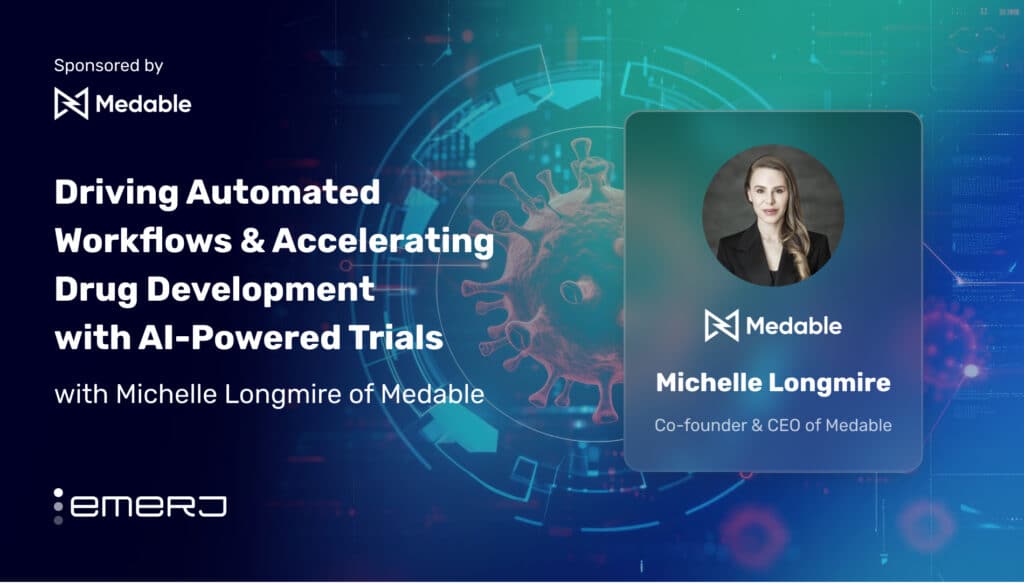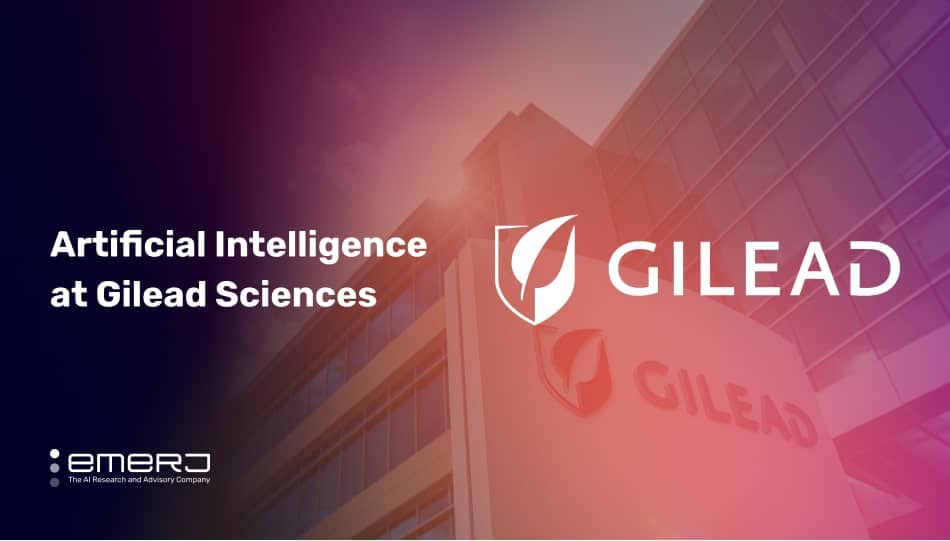Driving Disease Risk Prediction and Preventative Healthcare with AI – with Dan Elton of the National Human Genome Research Institute
The landscape of preventative healthcare and genetic research is “awakening” with data, enabling earlier and more precise disease risk prediction. The…

•










